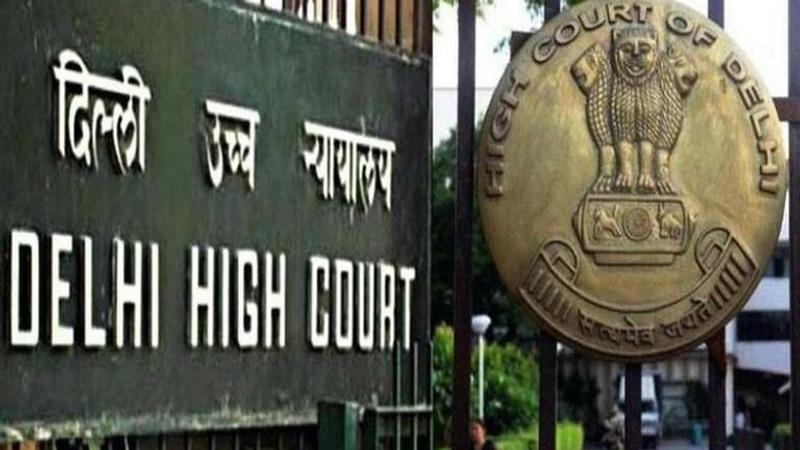Published 14:17 IST, March 5th 2020
HC seeks Centre, Delhi govt reply on plea to empower officers to collect traffic violation penalties
The Delhi High Court on Thursday sought responses from the Centre and the AAP government on a PIL seeking direction to issue a notification empowering officers to compound traffic violations offences on the spot.

The Delhi High Court on Thursday sought responses from the Centre and the AAP government on a PIL seeking direction to issue a notification empowering officers to compound traffic violations offences on the spot.
A bench of Chief Justice D N Patel and Justice C Hari Shankar issued notice to the Delhi government, the police commissioner and the Ministry of Road Transport and Highways on the petition and listed the matter for further hearing on April 17.
The petition stated that since the September 2019 amendment to the Motor Vehicles Act, the public was facing difficulty in compounding the challans issued to them for traffic violations as penalties cannot pay be paid on the spot and they have to approach the court or pay online through the virtual court (traffic) website.
Petitioner advocate and social activist Amit Sahni said due to this, the courts have been over-burdened and even the public at large was suffering as they are unable to compound petty violations on the spot and have to revisit the circles offices to collect impounded documents even after disposal of challans in the virtual court (traffic).
During the hearing, the bench asked the Delhi government to notify the officers for compounding traffic violation offences on the spot.
To this, Delhi government standing counsel Ramesh Singh said the government was planning to issue a notification soon.
Compounding offences are those for which a violator is allowed to pay a fine on the spot and does not need to visit a court. A violator can pay the fine to the designated officials after the states notify them.
The plea said with the Motor Vehicle (Amendment) Act, 2019, the penalties for traffic violations have been raised multi-fold and the Delhi government's Transport Department has not yet notified the authorised officers and the compounding fee.
It also raised the issue that the virtual court (Traffic) portal www.vcourts.gov.in is not accepting payment of traffic challans above Rs 2,000 through debit cards and it has to be done through credit cards or online banking.
"The auto drivers or other poor strata of people, who are not having any credit card or online banking account are not able to make payment of challan on virtual court (traffic). The problem is due to the issue of merchant discount rates. The MDR charges are need to borne by the vendor/ respondent no.1(Delhi government) in this case."
"But no clarity is provided by the Delhi government for bearing the MDR charges for payments above Rs 2,000. Urgent direction are required in this regard," it said, adding that the charges are being deducted from the violators' credit cards.
The plea also said the Delhi Traffic Police and the State Transport Authority (STA), at the time of issuing a challan, are impounding documents like driving licence, registration certificate, fitness and permit.
Even if the challan is paid online on the website, a violator has to visit the traffic circle for collection of documents which is causing inconvenience, it said.
The plea added that the Ministry of Road Transport and Highways has issued directions for digital locking of documents in VAHAN (RC Database), SARATHI (DL Database) instead of physical seizure by police but the same is not complied with.
The petitioner said he had already made a representation to the authorities in this regard but not action has been taken.
The amended Act provides for a penalty of Rs 10,000 fine for not giving way to emergency vehicles and penalties for over-speeding range from Rs 1,000-Rs 2,000.
Penalty for dangerous driving has been increased to Rs 5,000 from Rs 1,000, while drunken driving under the new law attracts a fine of Rs 10,000.
Driving without insurance is punishable with a Rs 2,000 fine, while driving without helmets will attract Rs 1,000 penalty. The fine for not having a valid pollution under control (PUC) certificate may go up to Rs 10,000.
Updated 14:18 IST, March 5th 2020




